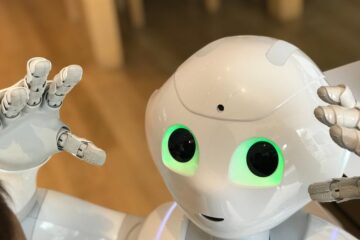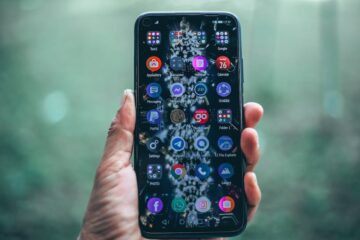Samsung’s Bixby AI has added a new feature that enables users to generate voice clones of themselves for text and call services. The service is currently available only in Korean language.
This voice clone feature allows users to generate realistic synthetic voices that are very similar to their own voice, providing a more personalized experience for voice-based interactions. Samsung’s voice clone technology uses a text-to-speech model to create the user’s voice clone by analyzing the user’s voice recordings. The model then generates a synthetic voice that sounds just like the user’s own voice.
Samsung’s voice clone technology is powered by deep learning algorithms that can generate a voice clone with just a few recordings. The voice clone can be used for various applications, including personalizing text and call services. For example, a user can send a message to a friend in their own voice using the voice clone, or they can even make a call and have the voice clone speak on their behalf.
The voice clone technology has been in development for several years and was first introduced by Samsung at the Consumer Electronics Show (CES) in 2020. Since then, Samsung has been working on improving the technology, and this latest update is a significant improvement. The feature is expected to be rolled out to other languages in the future.
This new feature is a significant step forward for the voice-based AI technology. By creating personalized voice clones, Samsung is providing a more natural and engaging experience for users. It also has potential use cases for those with speech impairments or those who have lost their voice due to illness or injury. In the future, this technology could also be used to generate voices for virtual assistants, chatbots, and other applications.
Overall, this latest update from Samsung’s Bixby AI shows that the future of voice-based AI is exciting and full of potential. As the technology continues to advance, we can expect to see even more exciting developments in the years to come.




